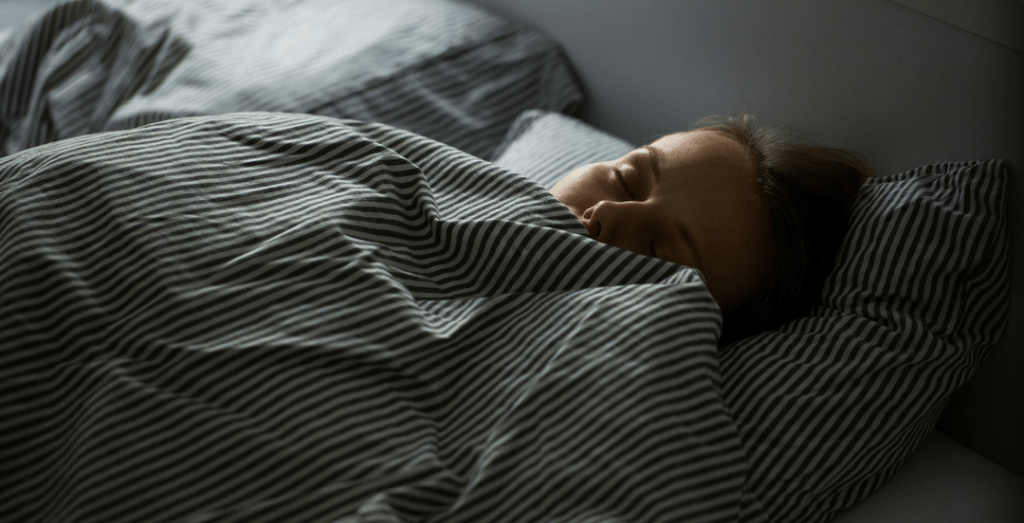4 Signs of Sleep Deprivation and a Plan for Better Sleep
- Category: Preventative Healthcare
- Posted On:

Today, in the United States, nearly 35% of adults function with chronic sleep deprivation. Technology, stress, and busy lives tend to put sleep on a back burner. The average adult needs a solid seven to eight hours of sleep every night. If you’re not, you could be putting your health at risk.
4 Signs of Sleep Deprivation
Some signs of sleep deprivation are easy to notice like excessive yawning and slow blinking. However, the symptoms of sleep deprivation run deeper. A few signs you might not have thought of include:
Lack of Focus or a Decrease in Performance: If you’re having a hard time focusing or find yourself nodding off at your desk, it could be from a lack of sleep. As you start to lose sleep, the neurons in your brain slow down. Scientists believe the brain may be trying to slow you down enough so that you have to sleep. With your mind going slower, it’s hard to stay on task and perform your best.
Memory Problems: Short-term memory starts to go first, but sleep deprivation can affect recall of long-term memories as well. If you’ve ever been driving while drowsy and forgotten the last few miles you’ve traveled, you’ve experienced short-term memory loss due to sleep deprivation. The long-term changes are more subtle than that. When well rested, the brain makes connections between old memories and new experiences to help you learn. When you’re sleep deprived, the brain doesn’t build these vital connections, decreasing your ability to learn from both old and new experiences.
A Decrease in Emotional Regulation: When sleep deprived, the emotional center of your brain becomes more sensitive to negative stimuli. At the same time, the reasoning center decreases its activity, making you more susceptible to sadness, anger, irritability, anxiety, and, eventually, depression.
Accidents and Injury: Lack of sleep puts you at risk for occupational injury, especially if you have a job that requires a lot of driving. With less than four hours of sleep, your driving ability is comparable to that of someone who’s driving while over the legal limit of alcohol.
If the signs of sleep deprivation sound too familiar, there are ways to improve your chances of getting the rest you need.
Small Steps for More Restful Sleep

The environment in your bedroom and your habits throughout the day impact the quantity and quality of your sleep. For the best rest, try:
Creating a Sleep Sanctuary: The bedroom should serve two purposes—sleep and sex. At night, block out all light to help signal the brain that it’s time to sleep. Keep the bedroom cool, most people are comfortable between 60 to 68 degrees, to support the drop in body temperature needed at the onset of sleep.
Being Consistent with Your Bedtime: Regular 24-hour biological cycles control your sleep-wake pattern. A consistent bedtime keeps the body in sync with these natural cycles and helps the brain time the release of sleep hormones.
Following a Bedtime Routine: Routines both help you follow your body’s natural sleep cycle and release tension and stress built up throughout the day. A bedtime routine can include anything that relaxes you, which is why meditation, reading, and warm baths are favorites.
Avoiding Stimulants and Screens: Stimulants like caffeine block melatonin, a vital sleep hormone, while the bright blue light from electronics like televisions and smartphones suppress it. Avoid stimulants for the four hours before bed. Turn off those screens at least two to three hours before your bedtime.
If you are still struggling with the effects of sleep deprivation, contact Ogden Clinic Neurology to discuss a sleep study. Sleep studies (or polysomnograms) are used to monitor sleep stages and cycles to determine why sleep is disrupted. The Ogden Clinic Sleep Lab is nationally accredited by the ACHC.
